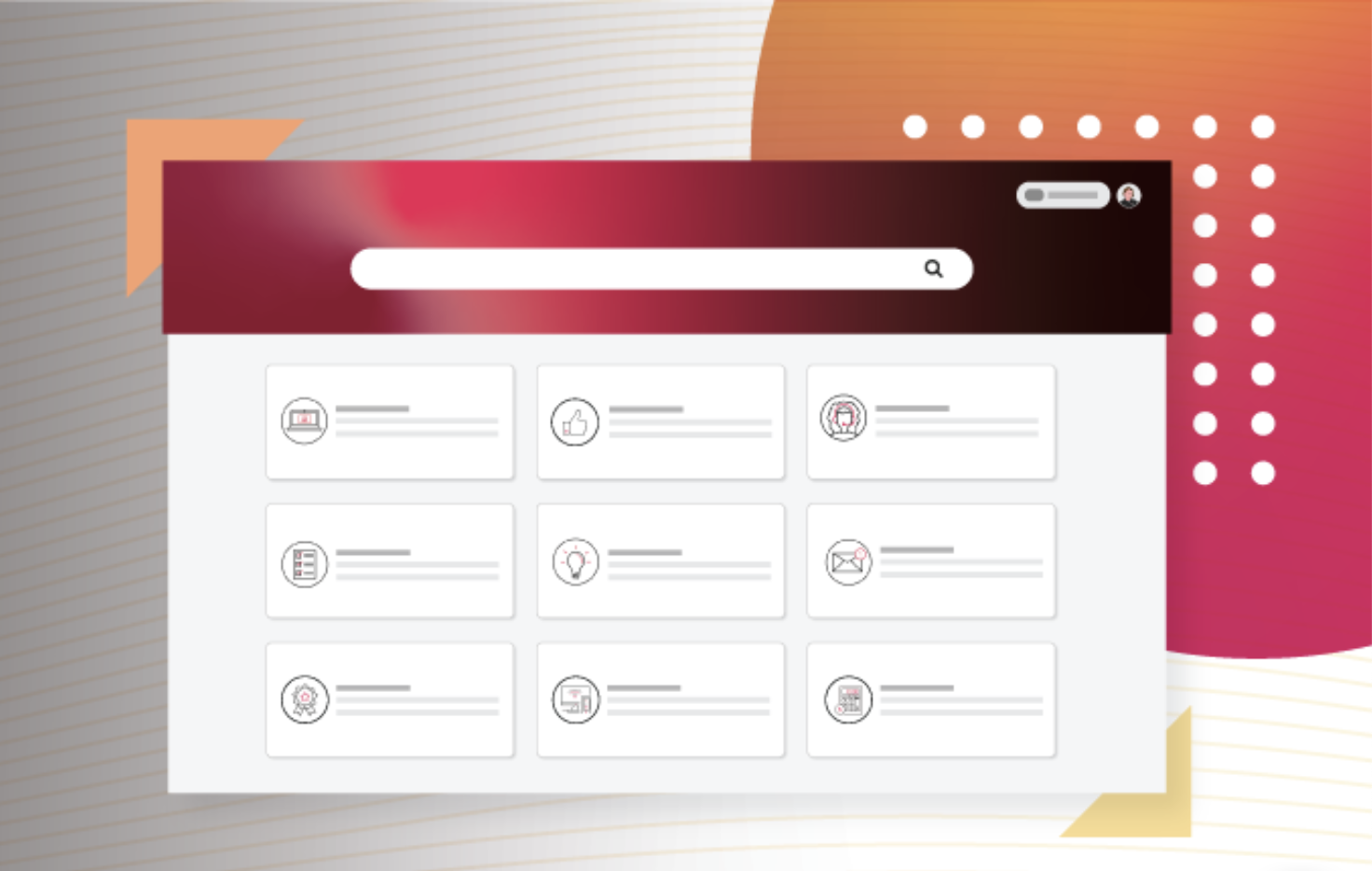What to Look for When Hiring a Business Analyst
By: Kreisler Ng, cPrime Director of Client Services
Many questions come up when going down the path of hiring a Business Analyst. What does the role entail? How do you know you’re getting someone who’s going to become a truly integral part of your Agile team?
It’s tough to answer these questions when the definition of “business analyst” can go in so many directions. Here’s how Wikipedia defines it:
“Someone who analyzes an organization or business domain (real or hypothetical) and documents its business or processes or systems, assessing the business model or its integration with technology.”
The International Institute of Business Analysis (IIBA) describes a Business Analyst as “a liaison among stakeholders in order to understand the structure, policies, and operations of an organization, and to recommend solutions that enable the organization to achieve its goals.”
And here is a standard Business Analyst job description:
1. Description
• Meet with stakeholders to define requirements and project priorities
• Identify impact of proposed changes on end-user experience, functional departments, systems and business process
• Clearly document the requirements, incorporating flow charts, wireframes, or other visual aids, as needed, for both technical and non-technical stakeholders
• Define current and future states and identify gaps
• Act as SME for the project to various internal groups, such as engineering, QA, and analytics
2. Requirements
• Ability to work with a variety of stakeholders who have different levels of technical expertise
• Adept at interviewing individuals and groups regarding their business requirements, successfully collaborating to define functional requirements and assign priority
• Demonstrated ability to employ diplomacy and strategic thought leadership to effectively resolve challenges and architect solutions
• Proven ability to translate complex and potentially ambiguous information into professional deliverables that can be used to obtain stakeholder approval with minimal guidance
• Exceptional oral and written communication skills
Looking at these definitions, it can be a challenge to know whether or not the Business Analyst you hire is actually delivering value. After all, what exactly is “diplomacy and strategic thought leadership?” Talk about “potentially ambiguous information…”
3 Specific Skills Shared by Every Great Business Analyst
For a more specific look into the skills that all great Business Analysts (BAs) share, consider the following:
1. Great BAs communicate like they care.
This goes both ways: as they’re learning about a new initiative, picking up a new skill, or working with the local SME on a subject crucial to their work, you’ll see great BAs nodding along with a glint in their eye. They love to learn, and it’s easy to teach them because they’re enthusiastic and excited about the prospect of adding to their knowledge base. They also tend to be excellent listeners even if they’re not learning something new. They naturally respect other’s opinions and genuinely want to help bring together various points of view.
When it’s their turn to talk, that same excitement and enthusiasm makes them a joy to listen to. They tend to get thoughts across clearly and – more often than not – are able to persuade others to follow along with their take on the subject. This isn’t just generic “exceptional oral and written communication skills.”
It’s because they care.
2. Great BAs are naturally proactive and curious in their entire approach to the job.
When new to the organization, a great BA isn’t going to wait to be handed a pile of references to read. They’re likely to poke around the company wiki and other resources on their own just to quench their thirst for information. In meetings and conference calls, they’ll be asking plenty of questions, and their questions are smart. When they get to the point of offering status updates on projects and processes, it isn’t a simple “here’s what’s happening now.” Instead, it is backed up with “and here’s what I’m doing about it,” which turns their analysis into actionable insights.
3. Great BAs knows they aren’t an island. Their entire thought process is about win-win for the whole team.
A great BA loves to work in a team and views his role as integral to the team’s success. Likewise, he views the team’s success as necessary for his own. There is a mutual desire to improve and achieve a common goal. Using this deeply held belief, the great BA tends to be well-liked and relied upon by all on the team rather than being viewed as an outsider sent by management to check up on things.
You’ll probably notice that none of these skills are technical. They’re soft skills. The reason being, technical skills can be taught and a great BA will pick them up without much trouble. But the soft skills don’t come so easily to everyone.
So, if you’re tasked with hiring a Business Analyst and want to make sure you’re getting the best person for the job, keep your eyes peeled for the man or woman who excels in these three areas. Then, train them to be the perfect BA for your organization.


